Information/Write-up
An old Redman and a band of four long-haired freaks from Vancouver, B.C., recorded the album, that was released in January 1973. Chief Dan George was also an actor who had played previously in Arthur Penn's film, "Little Big Man" (1970), featuring Dustin Hoffman, and later in Clint Eastwood's Western (Philip Kaufman co-wrote the screenplay), "The Outlaw Josey Wales" (1976). Side one includes three tracks: Seventh Ramble, a Johnny Cash influenced country-rocker; Centennial Speech, a narration by Chief Dan about Red Indian life and culture in Canada, and his destruction by the white man's invasion, followed by Indian chants; and McMillan & Bloedell, which is in the country-rock vein too, but with long psychedelic guitar solos, reminiscent of early Jerry Garcia. Side two begins with the Tin Pan Alley standard My Blue Heaven, a song with countless cover versions, from Bing Crosby to Leon Redbone. Here Chief Dan George sings backed not by Fireweed, but by Corlynn Hanney (vcls), Danny Tripper (gtr) and Jack Velker (piano). Buddy's Last Ride is an excellent rockabilly number which sounds like a fast running train, followed by Paddle Soup, a simple folky tune by Chief Dan, and a good version of the standard country number, Will The Circle Be Unbroken. Timeless Life, is bluegrass-orientated with banjo provided by Glen Pfeifer, and the last track is another narration by Chief Dan of the Sioux tribe Indian Prayer adapted in English. Tapanila had been in Painted Ship. Note: Chief Dan George sings and/or speaks only in the four tracks where his name is mentioned. On the remaining five tracks which are the best (especially the psychedelic and the rockabilly), the singer is Danny McInnes, who wrote all of them, except of course Will The Circle Be Unbroken.
Chief Dan George: vocals
Danny Tapanila: lead and rhythm guitar, vocals
Stan Tait: drums, percussion, dobra, piano
Danny McInnes: lead vocals, rhythm guitar
Lee Stephens: bass, vocals
Produced and engineered by Keith Stein
All songs arranged by Fireweed
Executive Producer: Michael Flicker
Recorded at Can-Base Studios, Vancouver, British Columbia
The text of Chief Dan George’s speech “A Lament for Confederation:”
How long have I known you, Oh Canada? A hundred years? Yes, a hundred years. And many, many seelanum more. And today, when you celebrate your hundred years, Oh Canada, I am sad for all the Indian people throughout the land.
For I have known you when your forests were mine; when they gave me my meat and my clothing. I have known you in your streams and rivers where your fish flashed and danced in the sun, where the waters said ‘come, come and eat of my abundance.’ I have known you in the freedom of the winds. And my spirit, like the winds, once roamed your good lands.
But in the long hundred years since the white man came, I have seen my freedom disappear like the salmon going mysteriously out to sea. The white man’s strange customs, which I could not understand, pressed down upon me until I could no longer breathe.
When I fought to protect my land and my home, I was called a savage. When I neither understood nor welcomed his way of life, I was called lazy. When I tried to rule my people, I was stripped of my authority.
My nation was ignored in your history textbooks — they were little more important in the history of Canada than the buffalo that ranged the plains. I was ridiculed in your plays and motion pictures, and when I drank your fire-water, I got drunk — very, very drunk. And I forgot.
Oh Canada, how can I celebrate with you this centenary, this hundred years? Shall I thank you for the reserves that are left to me of my beautiful forests? For the canned fish of my rivers? For the loss of my pride and authority, even among my own people? For the lack of my will to fight back? No! I must forget what’s past and gone.
Oh God in heaven! Give me back the courage of the olden chiefs. Let me wrestle with my surroundings. Let me again, as in the days of old, dominate my environment. Let me humbly accept this new culture and through it rise up and go on.
Oh God! Like the thunderbird of old I shall rise again out of the sea; I shall grab the instruments of the white man’s success — his education, his skills, and with these new tools I shall build my race into the proudest segment of your society. Before I follow the great chiefs who have gone before us, Oh Canada, I shall see these things come to pass.
I shall see our young braves and our chiefs sitting in the houses of law and government, ruling and being ruled by the knowledge and freedoms of our great land. So shall we shatter the barriers of our isolation. So shall the next hundred years be the greatest in the proud history of our tribes and nations.
In 1492, a fellow by the name of Christopher Columbus Landed on the shores of North America. When he returned back to Europe, he reported he had found a new land. And on this new land was heathans and savages. I’ll buy the word savage but I’m gonna contradict him on the word heathans. The natives of North America, north, south, east, and west, they knew of an Indian prayer, which was universal. Every tribe knew the prayer. This is the prayer:
Oh Great Spirit Whose voice I hear in the wind
Whose breath gives life to the world
Hear me
I come to you as one of your many children
I am small and weak
I need your strength and your wisdom
May I walk in beauty
Make my eyes ever behold the red and purple sunset
Make my hands respect the things that you have made
And my ears sharp to hear your voice
Make me wise so that I may know the things you have taught your children
the lessons you have hidden in every leaf and rock
Make me strong not to be superior to my brothers
But to be able to fight my greatest enemy – myself
Make me ever ready to come to you with straight eyes
So that when life fades as the fading sunset
My spirit will come to you without shame
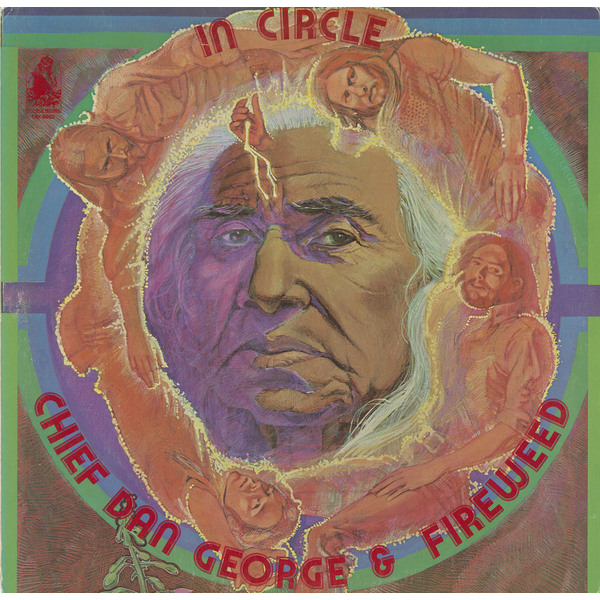
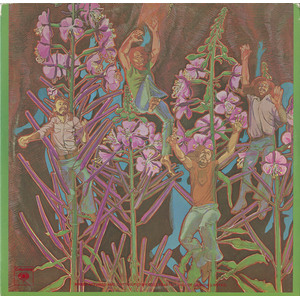
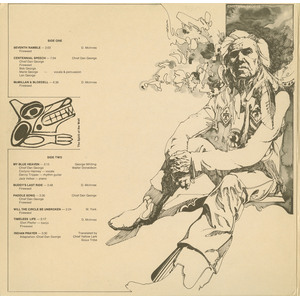
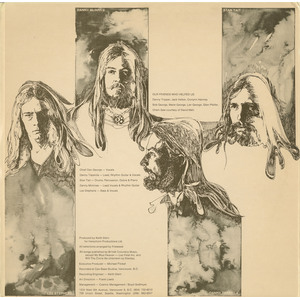
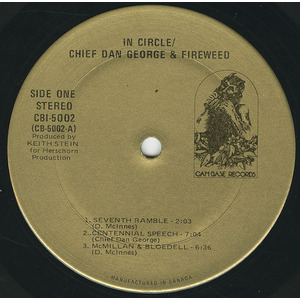
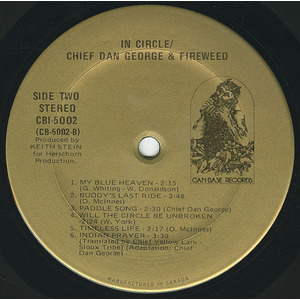
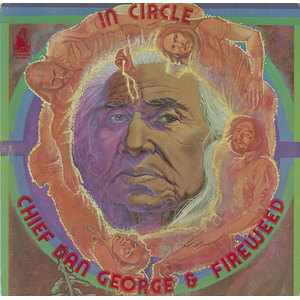
No Comments